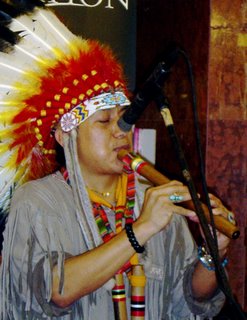PARTS OF SPEECH: INFINITIVE & COMPLEMENT

The infinitive is the basic form of a verb, without an inflection e.g. see in we came to see, let him see; it is a verb form that commonly begins with to and does not have a subject e.g. To go, to have, to run.
As a noun it is the basic form of a verb without an inflection binding it to a particular subject or tense (normally occurring in English with the word to, as in to see, to ask). It’s definition originates from Latin infinitus, from in- ‘not’ + finitus ‘finished, finite’.
A complement is the word or group of words which follows a being or linking verb (as opposed to an action). It can be a noun, an adjective, or adverb e.g.
- Neenah became a singer, where a singer is a noun complement;
- Lyn Qi was beautiful, where beautiful is an adjectival complement;
- Yuan was on the stage, where on the stage is an adverbial complement;
A complement can also be a clause itself e.g. Qing became what I thought. (Noun clause)
Notes
Some words can work as several parts of speech without changing a single letter e.g.
- She tried to round off her presentation well. (verb)
- He bought a round of drinks to celebrate the occasion. (noun)
- Golf uses a round ball. (adjective)
- When mother called out, they spun round. (adverb)
- He sauntered round the shopping mall. (adverb)


0 Comments:
Post a Comment
<< Home